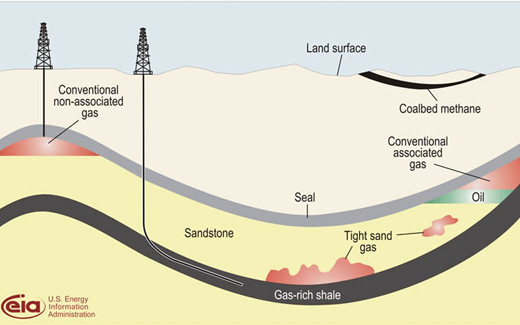|
|
|
12 september 2023
20 september 2021
21 july 2021
05 february 2020
22 march 2018
13 february 2018
12 december 2017
20 october 2016
22 august 2016
22 july 2016
19 april 2016
09 february 2016
16 december 2015
03 july 2015
25 february 2015
09 february 2015
13 november 2014
13 november 2014
08 october 2014
19 september 2014
22 january 2014
27 august 2013
27 august 2013
19 july 2013
19 july 2013
26 june 2013
25 june 2013
25 june 2013
03 may 2013
03 may 2013
03 april 2013
03 april 2013
08 march 2013
08 march 2013
06 february 2013
06 february 2013
25 january 2013
14 january 2013
04 january 2013
07 december 2012
07 december 2012
26 november 2012
22 november 2012
22 november 2012
02 november 2012
15 october 2012
11 october 2012
10 october 2012
01 october 2012
20 september 2012
10 september 2012
07 september 2012
03 september 2012
03 september 2012
29 august 2012
22 august 2012
22 august 2012
27 july 2012
17 july 2012
16 july 2012
11 july 2012
05 july 2012
27 june 2012
27 june 2012
18 june 2012
12 june 2012
05 june 2012
26 may 2012
26 may 2012
16 may 2012
14 may 2012
07 may 2012
30 april 2012
<div style="display:none">49tjf49edf:text_lang:id</div>15th International Stirling Engine Conference
20 april 2012
20 april 2012
11 april 2012
<div style="display:none">49tjf49edf:text_lang:id</div>15th International Stirling Engine Conference
11 april 2012
27 march 2012
27 march 2012
27 march 2012
01 march 2012
<div style="display:none">49tjf49edf:text_lang:id</div>15th International Stirling Engine Conference
12 march 2010
12 march 2010
25 may 2009
22 august 2012
<div style="display:none">49tjf49edf:text_lang:id</div>Legitimate public concerns over fracking
 The potential of unconventional gas and light-tight oil (LTO) supplies are both significant and wide-reaching, the International Energy Agency’s (IEA) Executive Director has said.
The potential of unconventional gas and light-tight oil (LTO) supplies are both significant and wide-reaching, the International Energy Agency’s (IEA) Executive Director has said.Speaking at the Baker Institute in Houston on 17 August, Maria Van der Hoeven described the rise of unconventional gas – sources of gas trapped deep underground by impermeable rocks, such as coal, sandstone and shale – as an energy revolution. From no production 25 years ago, in 2010 shale gas accounted for 23% of total gas production in the United States, according to the US Energy Information Administration.
She also highlighted excitement surrounding potential LTO – conventional crude oil trapped in geological formations with low permeability (e.g. shale) – production of which is expected to grow by more than 1 million barrels per day in the next five years.
Ms. van der Hoeven warned, however, that while worldwide unconventional gas and LTO supplies are considerable, whether they meet their full potential is still subject to serious uncertainties.
“Such uncertainties exist because alongside the potential economic and energy security benefits of unconventional gas and LTO production, there are also legitimate public concerns about its environmental and social impacts,” she said. “These include the implications for water resources, land use and disruption to local communities.”
Unconventional gas is commonly extracted by a method known as hydraulic fracturing: large volumes of water (mixed with some sand and chemicals) are injected underground to create cracks in the rock. This frees the trapped gas which can then flow into the well bore created by the drill and be collected. A similar process is used to extract LTO.
While the process of hydraulic fracturing has been around for years, the rapid increase in the number of North American wells, as well as the large number of companies which drill them, has put a spotlight on these issues, Ms. van der Hoeven said.
“The issue is therefore one of good governance, good management, and good oversight,” she noted. “The industry must win public confidence by demonstrating exemplary performance; and governments must ensure that appropriate policies and regulatory regimes are in place.”
Ms. van der Hoeven flagged an IEA report released in May which sets out some ‘Golden Rules’ – principles that can help governments, industry and other stakeholders to address the social and environmental issues. The IEA Executive Director admitted this is a different balance to strike.
“On one hand, we must avoid excessive regulation which chokes innovation and threatens the viability of the industry,” she acknowledged. “On the other hand, we must be sure that safeguards and rules are effective – and include proper oversight mechanisms. But not only that – politicians and the public must be reassured of that effectiveness. Otherwise, we are likely to see a backlash against unconventional extraction methods, and blanket bans.”
Article by IEA: www.iea.org